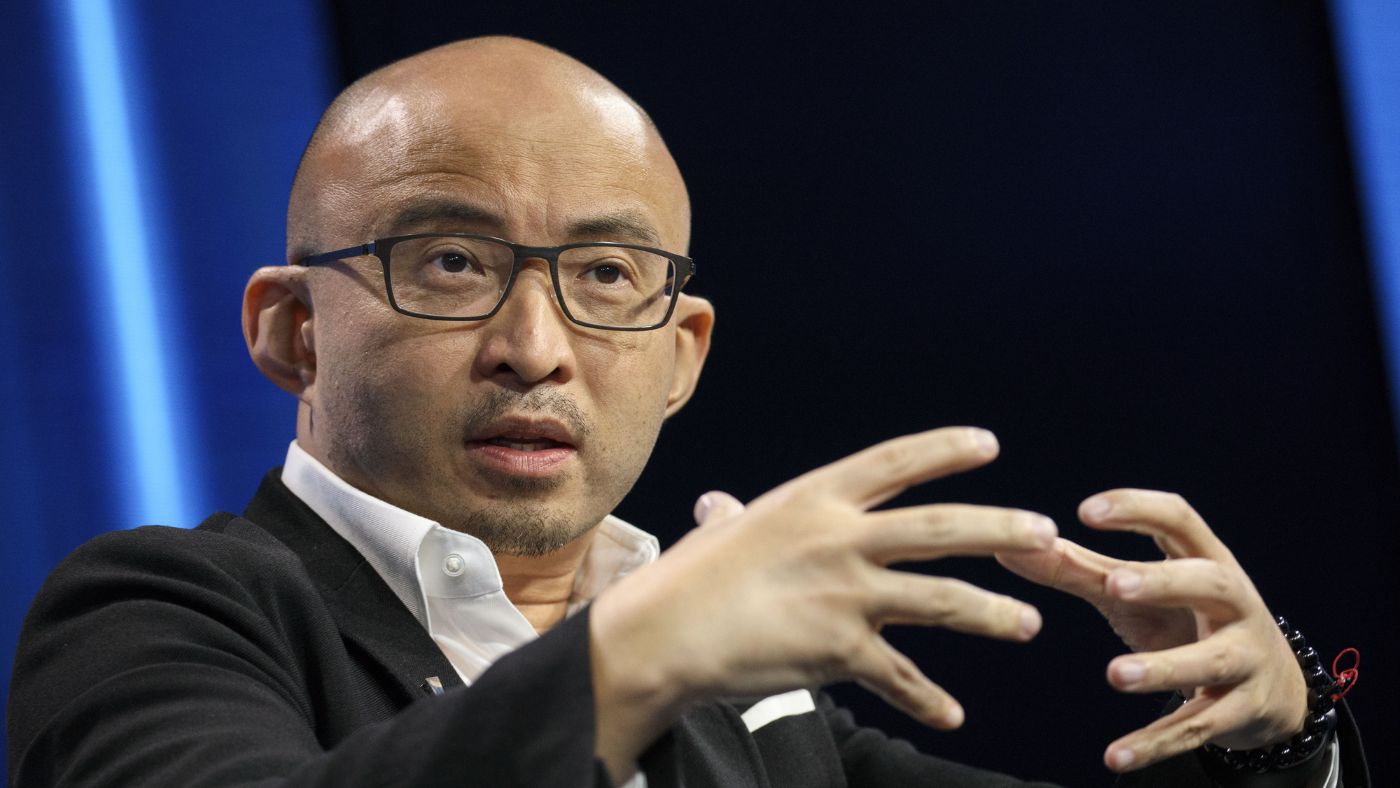Bao Fan: the billionaire tech investor missing in China
Chinese CEO’s company now says he is cooperating with a government investigation

A free daily email with the biggest news stories of the day – and the best features from TheWeek.com
You are now subscribed
Your newsletter sign-up was successful
A billionaire Chinese banker, who has been missing for more than a week, is reportedly cooperating with a government investigation.
China Renaissance, a boutique tech investment firm, announced on 16 Feburary that staff had been unable to reach chairman and CEO Bao Fang for an unspecified amount of time.
However, in a new statement on Sunday the company said the board had “become aware that Mr. Bao is currently cooperating in an investigation being carried out by certain authorities in the People’s Republic of China”.
The Week
Escape your echo chamber. Get the facts behind the news, plus analysis from multiple perspectives.

Sign up for The Week's Free Newsletters
From our morning news briefing to a weekly Good News Newsletter, get the best of The Week delivered directly to your inbox.
From our morning news briefing to a weekly Good News Newsletter, get the best of The Week delivered directly to your inbox.
China Renaissance has insisted that its operations are continuing as normal, but the company’s share price plunged 29% following the CEO’s disappearance and is yet to still fully recover, said DW.
Bao is not the first high-profile Chinese business figure to go missing in recent years. This latest episode has “raised worries about a potential crackdown on the country’s financial services sector”.
Who is Bao Fang?
Bao was born in Shanghai and was sent to the US for high school, before receiving degrees from Shanghai’s Fudan University and the Norwegian School of Management.
He built his career as an investment banker in the late 1990s at Morgan Stanley and Credit Suisse. Later, Bao served as an adviser to the stock exchanges in Shanghai and Shenzhen.
A free daily email with the biggest news stories of the day – and the best features from TheWeek.com
Since then, Bao has become known as a “veteran deal maker in China’s tech industry”, reports CNN. In 2015 he helped to broker the merger between China’s two leading food delivery services, Meituan and Dianping. The combined company’s app is now “ubiquitous” in the country.
China Renaissance was behind “landmark deals including Tencent’s strategic investment in JD.com, and mergers of ride-hailing power players Didi and Kuaidi” and advert sites 58.com and Ganji, said the BBC.
Bao, who is also China Renaissance’s controlling shareholder, founded the company in 2005 with the goal of matching start-ups with venture capitalists and private equity investors, said The Guardian. The firm later expanded into sales, trading and underwriting.
“Bao Fan may be the best liked, the best known, person in the financial community in China,” James McGregor, of the consultancy APCO, told CNBC.
Where might Bao Fan be?
“According to two sources and some media reports,” said Reuters, “authorities took Bao away earlier this month to assist in an investigation into a former colleague, Cong Lin, the company’s former president.”
Details of Cong’s situation are murky, but he had reportedly “been taken by authorities last September over his previous work at the state-owned ICBC bank”, said the BBC.
China Renaissance is yet to comment on Cong’s situation, and he is no longer listed as an executive on the company’s website or in its most recent report.
Guo Guangchang, one of China’s wealthiest people, was briefly detained by the government in 2015, and two years later Chinese-born billionaire Xiao Jianhua was arrested at his home in Hong Kong. Last August Xiao was sentenced to 13 years in jail and his company fined more than $8bn after eventually being charged with embezzlement and bribery. He had not been seen for five years before his trial.
Alibaba Group’s founder Jack Ma also temporarily disappeared from public life after he criticised Chinese regulators in 2020 as they launched an antitrust investigation in his company.
However, Bao’s disappearance “has raised new concerns that Beijing could again be targeting Chinese companies and the executives who run them”, said The New York Times. “Under the leadership of Xi Jinping, the Chinese government has been exerting increasing control over the nation’s economy and businesses,” the paper said.